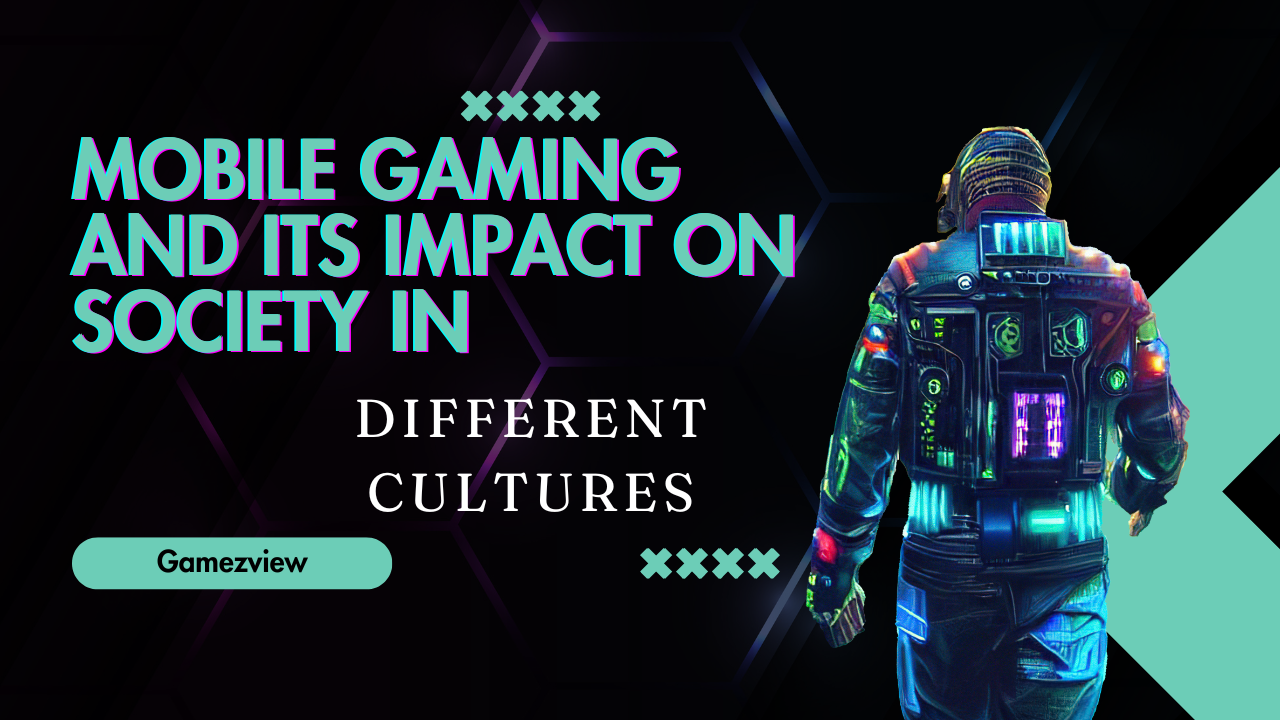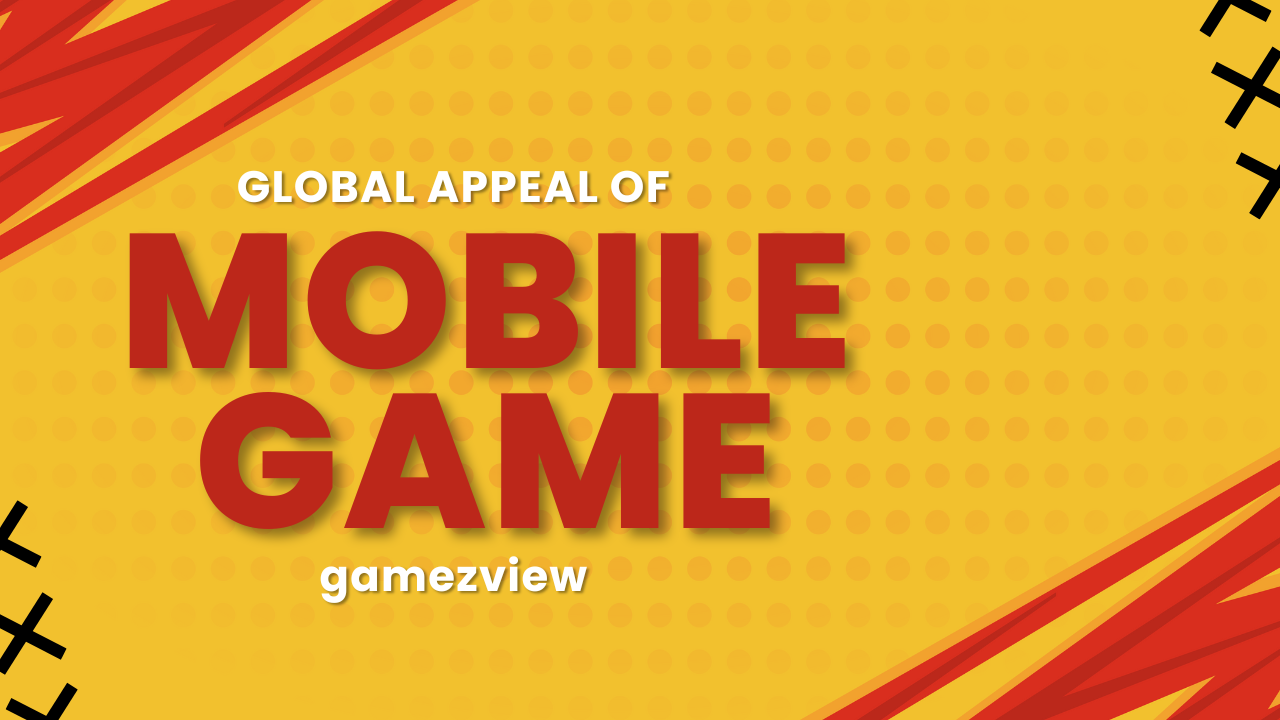Mobile gaming has emerged as a cultural phenomenon globally, transcending boundaries and demographics. In developing countries, this trend is particularly pronounced, with profound implications for society, economy, and technology. This article delves into the growth of mobile gaming in developing countries, exploring its impact, challenges, and prospects.
Understanding the Rise of Mobile Gaming
The accessibility of smartphones and mobile internet has revolutionized the gaming landscape in developing nations. With affordable devices and widespread connectivity, millions have gained access to gaming platforms, creating a vast user base. This surge in accessibility has fueled the exponential growth of mobile gaming markets in these regions.
Socioeconomic Implications
Mobile gaming offers more than entertainment; it represents economic opportunities for developers and entrepreneurs. In developing countries, where traditional job markets may be limited, mobile game development has emerged as a viable career path. This democratization of game development has empowered individuals and fostered innovation within local tech ecosystems.
Cultural Integration and Localization
One of the key drivers of mobile gaming’s success in developing countries is its ability to integrate with local cultures. Developers are increasingly focusing on creating games that resonate with diverse audiences, incorporating local languages, themes, and references. This localization strategy enhances user engagement and fosters a sense of ownership among players.
Challenges and Opportunities
Despite its rapid growth, mobile gaming in developing countries faces several challenges. Limited internet infrastructure, socioeconomic disparities, and regulatory hurdles can impede accessibility and growth. However, these challenges also present opportunities for innovation and collaboration, driving the evolution of gaming ecosystems in these regions.
The Role of Education
Mobile gaming is not only a form of entertainment but also a tool for education and skill development. Educational games have gained popularity in developing countries, providing accessible learning opportunities for children and adults alike. By gamifying education, mobile games have the potential to improve literacy, numeracy, and critical thinking skills across diverse demographics.
Monetization Strategies
Monetization is a critical aspect of mobile gaming, and developers in developing countries are exploring innovative strategies to generate revenue. While traditional models such as in-app purchases and advertisements remain prevalent, alternative approaches like microtransactions and subscription services are gaining traction. These diverse monetization strategies cater to different user preferences and market dynamics.
Addressing Social Impact
As mobile gaming continues to proliferate, it is essential to address its social impact, particularly concerning addiction and mental health. Excessive gaming can have adverse effects on individuals, especially young people, leading to addiction and social isolation. Developers, policymakers, and communities must collaborate to promote responsible gaming practices and support those affected by gaming-related issues.
Regulatory Landscape
Regulatory frameworks play a crucial role in shaping the mobile gaming industry in developing countries. Governments are increasingly recognizing the economic potential of gaming and are implementing policies to support its growth while safeguarding consumer interests. Balancing innovation with consumer protection is a delicate task, requiring cooperation between industry stakeholders and regulatory authorities.
Future Trends and Outlook
The future of mobile gaming in developing countries is ripe with possibilities. As technology continues to evolve and connectivity improves, the gaming landscape will undergo further transformation. Augmented reality (AR), virtual reality (VR), and cloud gaming are expected to reshape the gaming experience, offering new opportunities for developers and players alike.
| Aspect | Description |
|---|---|
| Accessibility | Affordable smartphones and widespread connectivity have driven the growth of mobile gaming markets. |
| Socioeconomic Implications | Mobile game development has become a viable career path, fostering innovation and economic opportunities. |
| Cultural Integration | Localization strategies enhance user engagement by incorporating local languages and themes. |
| Challenges | Limited internet infrastructure, socioeconomic disparities, and regulatory hurdles pose challenges to growth. |
| Education | Educational games offer accessible learning opportunities, improving literacy and critical thinking skills. |
| Monetization Strategies | Developers employ diverse strategies such as in-app purchases, advertisements, and subscription services. |
| Social Impact | Responsible gaming practices and support services are necessary to address addiction and mental health issues. |
| Regulatory Landscape | Governments are implementing policies to support gaming growth while ensuring consumer protection. |
| Future Trends | AR, VR, and cloud gaming are expected to revolutionize the gaming experience in developing countries. |
FAQ
1. How has mobile gaming impacted the economy of developing countries?
Mobile gaming has created economic opportunities for developers and entrepreneurs, contributing to job creation and innovation within local tech ecosystems.
2. What are some challenges faced by the mobile gaming industry in developing countries?
Challenges include limited internet infrastructure, socioeconomic disparities, and regulatory hurdles that can impede accessibility and growth.
3. How do developers integrate local cultures into mobile games?
Developers incorporate local languages, themes, and references to resonate with diverse audiences, enhancing user engagement and fostering a sense of ownership among players.
4. What role does education play in mobile gaming?
Educational games provide accessible learning opportunities, improving literacy, numeracy, and critical thinking skills across diverse demographics.
5. What are some emerging trends in mobile gaming in developing countries?
Augmented reality (AR), virtual reality (VR), and cloud gaming are expected to reshape the gaming experience, offering new opportunities for developers and players alike.
6. How do governments regulate the mobile gaming industry?
Governments implement policies to support gaming growth while ensuring consumer protection, balancing innovation with regulatory oversight.
7. What measures are in place to address the social impact of bile gaming?
Responsible gaming practices and support services are necessary to address addiction and mental health issues associated with excessive gaming.



